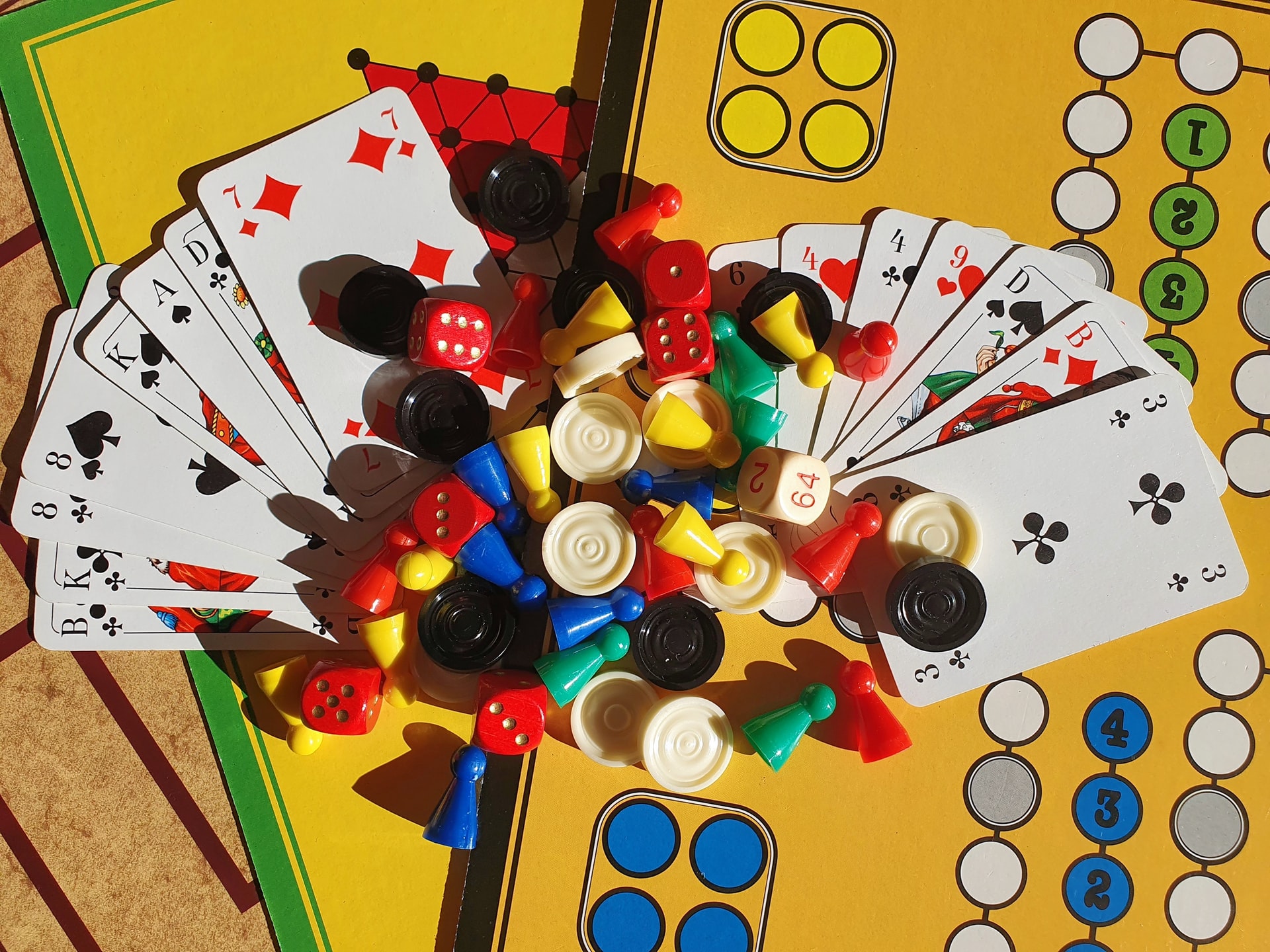How Have Board Games Managed to Appeal to Such a Wide Demographic?
With the advent of digital gaming in the 1980s, some people may have predicted that this would result in board games going obsolete.
Author:Darren McphersonReviewer:Daniel JamesMay 27, 202226.3K Shares879.1K Views

With the advent of digital gaming in the 1980s, some people may have predicted that this would result in board games going obsolete. There was a time throughout the last few decades of the 20th century when this appeared to be true. However, since the turn of the millennium and, particularly, the last ten years, tabletop gaming has enjoyed an incredible resurgence.
There are numerous reasons for the rise of board games, with nostalgia being a key factor. However, developers have also been clever with their branding. They have taken inspiration from popular media and have also encouraged the digital adaptation of board games.
Some Board Games Have Spread To Other Platforms To Gain More Attention
There have been various ways that board games have gained more fans in the modern age. The main method, though, has been through digital adaptations. These have brought the brands to players who may have never had the chance to discover them before.
Monopoly is a prime example of a game that has succeeded thanks to evolving and branching out. It’s estimated that more than one billion people have played the game since it was first releasedin 1935. This highlights how the legendary property game is still at the forefront of mainstream culture.
There are over 300 different versions of Monopoly, including a vast number of computerized ones. Mobile players can choose between options like Monopoly Mobile, while console players can partake in Monopoly Plus. Additionally, at one of the top recommended online casinosin the USA, 888 Casino, players have the option of playing Monopoly: Lunar New Year, Monopoly: Utility Trails, or Monopoly Live.
Monopoly’s omnipresence has inspired other board game developers to follow suit, and there are now hundreds of digital adaptations of classics like Risk and Scrabble. There’s also Tales from Candlekeep: Tomb of Annihilation, which was based on D&D rules.
Games Based On Other Media Have Had Great Success
Some board games in recent times have found success by identifying common trends in mainstream culture and capitalizing on them. For example, when popular television series and movies come out, they often inspire related board games. These titles attract players who want to enjoy their favorite content in a new way.
Alien: Fate of the Nostromo is an example of a recent game that has piggybacked on the popularity of the sci-fi movie franchise. It’s aimed at the masses and is designed to pull in film viewersrather than dedicated hobby players. Publisher Ravensburger has a track record of developing themed board games, with Labyrinth and Star Wars also notable entries. Sometimes, offerings like Monopoly adapt to cultural hits like Game of Thrones and produce special editions.
Board games have stayed relevant in the digital age and could continue to boom in popularity as new technologyemerges. It is exciting to think how augmented reality could change these tabletop offerings, as it could help them include animations and other cutting-edge features.

Darren Mcpherson
Author
Darren Mcpherson brings over 9 years of experience in politics, business, investing, and banking to his writing. He holds degrees in Economics from Harvard University and Political Science from Stanford University, with certifications in Financial Management.
Renowned for his insightful analyses and strategic awareness, Darren has contributed to reputable publications and served in advisory roles for influential entities.
Outside the boardroom, Darren enjoys playing chess, collecting rare books, attending technology conferences, and mentoring young professionals.
His dedication to excellence and understanding of global finance and governance make him a trusted and authoritative voice in his field.

Daniel James
Reviewer
Daniel James is a distinguished gerontologist, author, and professional coach known for his expertise in health and aging.
With degrees from Georgia Tech and UCLA, including a diploma in gerontology from the University of Boston, Daniel brings over 15 years of experience to his work.
His credentials also include a Professional Coaching Certification, enhancing his credibility in personal development and well-being.
In his free time, Daniel is an avid runner and tennis player, passionate about fitness, wellness, and staying active.
His commitment to improving lives through health education and coaching reflects his passion and dedication in both professional and personal endeavors.
Latest Articles
Popular Articles